NAD: GLOBAL BENEFITS TO MIND AND BODY
NAD (Nicotinamide Adenine Dinucleotide) is an activated form of vitamin B3 which becomes a coenzyme when it is bound with hydrogen becoming NADH. NADH’s sole function is to carry an explosive, reactive hydrogen (as in hydrogen bomb) into every cell of the body to make energy, or, ATP. Therefore, NAD creates global benefits for mind and body, including the following:
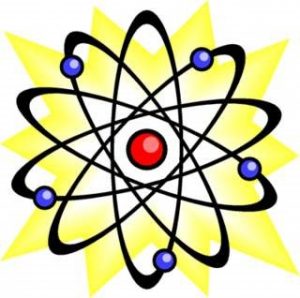
Energy production (ATP)
There are more than ten million billion mitochondria (about 10% of our body weight) and each is a tiny furnace to make energy from glucose, oxygen and hydrogen. Every cell uses ATP to function so that you can live your life. Chemicals and heavy metals such as lead and mercury impair mitochondrial energy production and some people are genetically deficient in NAD.
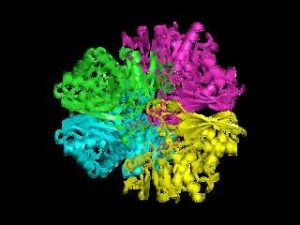
Enzyme activity
Enzymes are catalysts that increase the speed of every chemical reaction within cells. Over 400 enzymes require NAD, most often in energy-producing reactions involving the metabolism of carbohydrates, fats, proteins, and alcohol. NAD also sustains biosynthetic reactions, such as in the synthesis of all macromolecules, including fatty acids and cholesterol. NAD is essential for metabolic function in all cells of the body including the brain and CNS
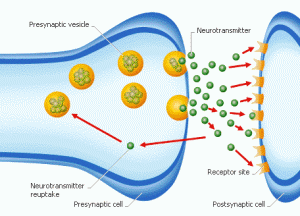
Neurotransmitter production and brain activity
In the brain, restoring/maintaining NAD+ levels is linked to increased production of dopamine and serotonin, reduced glutamate excitotoxicity, maintenance of synaptic connections, improved learning and memory, and maintenance of sleep-wake cycles. NAD also enhances social behavior through improved oxytocin production
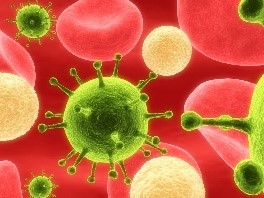
Cell signaling
There are about 70 trillion cells in your body and cell signaling is a key part of the complex system of communication and coordination. The ability of cells to perceive and correctly respond to their microenvironment is the basis of development, tissue repair, and immunity as well as normal homeostasis. Errors in cellular information processing are responsible for diseases such as cancer, autoimmunity and diabetes. NAD is a metabolic cofactor and a rate-limiting co-substrate for many enzymes, particularly the sirtuins, and plays a pivotal role in the control of whole-body metabolic balance and stability, or, homeostasis
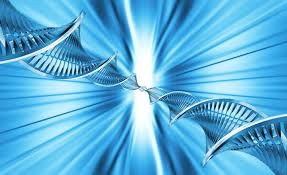
DNA repair (PARP)
Poly (ADP-ribose) polymerase (PARP) is a family of proteins dependent on NAD and involved in DNA repair. PARP enzymes are critical for the cellular response to DNA injury. Scientists estimate DNA takes 100,000 hits, or, damage daily and PARPs are activated to facilitate DNA repair. Loss of genomic stability (high rate of damage to DNA) is the hallmark of cancer. PARP-mediated DNA repair capability contributes to longevity.

Gene expression (Sirtuins 1-7)
Sirtuin or Sir2 proteins are a class of proteins that regulate important biological pathways responsible for cellular regulation and have been implicated in influencing a wide range of cellular processes such as aging, inflammation, stress resistance, energy efficiency and alertness. Sirtuins can also control circadian clocks and mitochondrial biogenesis. Sirtuin proteins are thought to be critical for longevity in humans and many other species of life.
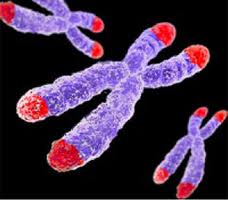
Increased tankyrase activity
Telomeres are the protective caps on the ends of your DNA strands. Each time a cell divides, the telomeres get shorter. When they get too short, the cell can no longer divide; it becomes inactive or “senescent” or it dies. This shortening process is associated with aging, cancer, and a higher risk of death. Telomerase is an enzyme that protects and lengthens telomeres and is associated with longevity. Telomere length is critical for chromosome stability that affects cell proliferation and survival. Tankyrase is an enzyme that facilitates and supports telomere lengthening.
Medical research has shown the following medical conditions to improve with NAD therapy:
- Chronic fatigue
- Depression
- Anxiety
- Alcohol and drug addiction
- Sleep disturbance
- Memory loss (forgetfulness)
- Attention deficit
- Diabetes
- Muscle pain and weakness
- Joint pain and stiffness
- Headaches
- Fevers, sore throats and swollen lymph glands
- Parkinson’s disease
- Cancer

